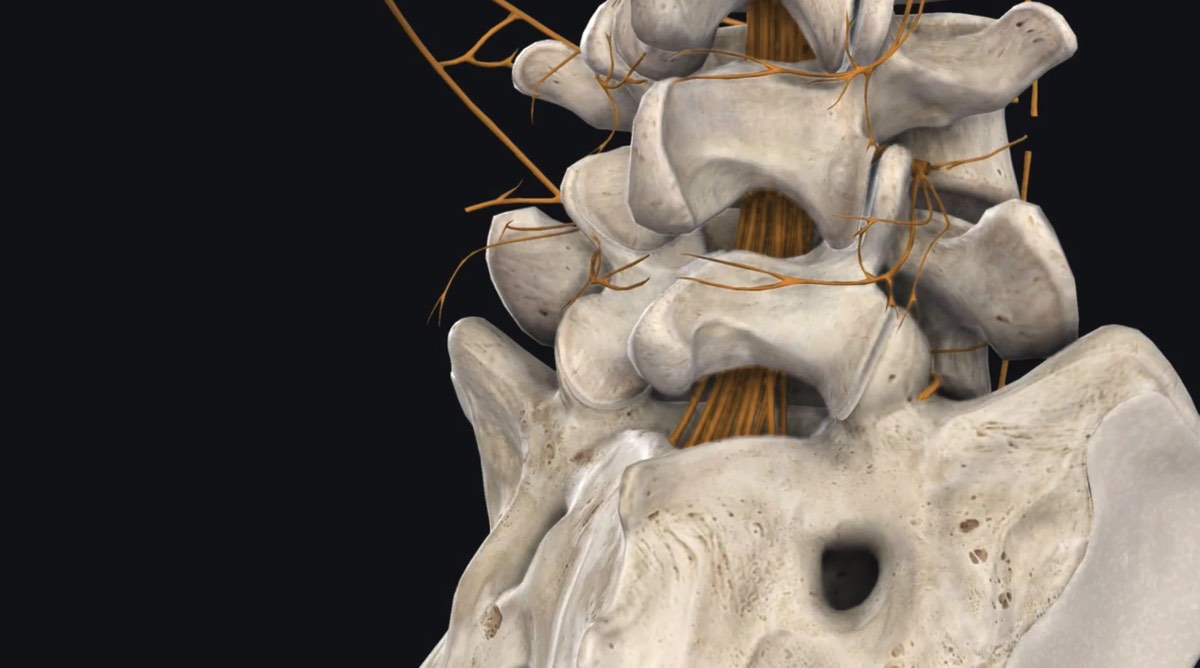Newer CABG surgery actually linked to worse outcomes
Reuters Health • The Doctor's Channel Daily Newscast
At the time the current study was planned, “initial enthusiasm for off-pump CABG became tempered by concern about the completeness of revascularization, the rate of perioperative MI, and long-term graft patency,” Dr. Joseph F. Collins, from the VA Medical Center, Perry Point, Maryland, and colleagues note.
“We hypothesized that there would be no difference between the on-pump and off-pump procedures” for major morbidity and mortality at 30 days and 1 year, they add.
In the Randomized On/Off Bypass (ROOBY) trial, 2203 patients who were scheduled for urgent or elective CABG were randomized to undergo on- or off-pump operations. The main short-term outcome was a composite of death or complications prior to discharge or within 30 days of surgery. The primary long-term outcome was the composite of all-cause mortality, need for repeat revascularization, or nonfatal MI within 1 after surgery.
In the November 5 issue of the New England Journal of Medicine, the research team reports that the rate of the main short-term outcome was comparable in the off- and on-pump groups: 7.0% vs. 5.6%. By contrast, the main long-term outcome occurred with significantly higher frequency in the off-pump group: 9.9% vs. 7.4% (p = 0.04).
Subjects in the off-pump group also had a higher rate of having fewer grafts completed than originally planned: 17.8% vs. 11.1% in the on-pump group (p < 0.001).
Follow-up angiography also indicated a disadvantage for off-pump CABG. Among 1371 patients who underwent 4093 grafts, the overall graft patency rate in the off-pump group was 82.6%, significantly lower than the 87.8% seen in the on-pump group (p < 0.01).
Neuropsychological outcomes and short-term use of major resources did not differ significantly between the groups.
“Despite its strengths, this study is unlikely to end the debate about off-pump and on-pump CABG,” Dr. Eric David Peterson, from Duke University Medical Center, Durham, North Carolina, writes in a related editorial.
One reason for this, he explains, is the fact that the study focused almost entirely on younger healthy men and not subgroups that prior research has suggested may benefit from off-pump CABG. In addition, critics will likely question whether the technical experience of the study surgeons and anesthesiologists influenced the results. Finally, neurocognitive testing was only performed in half the survivors and the findings may not even be applicable to off-pump techniques that have come out since the study was conducted.
Reference:
N Engl J Med 2009;361:1827-1837.









